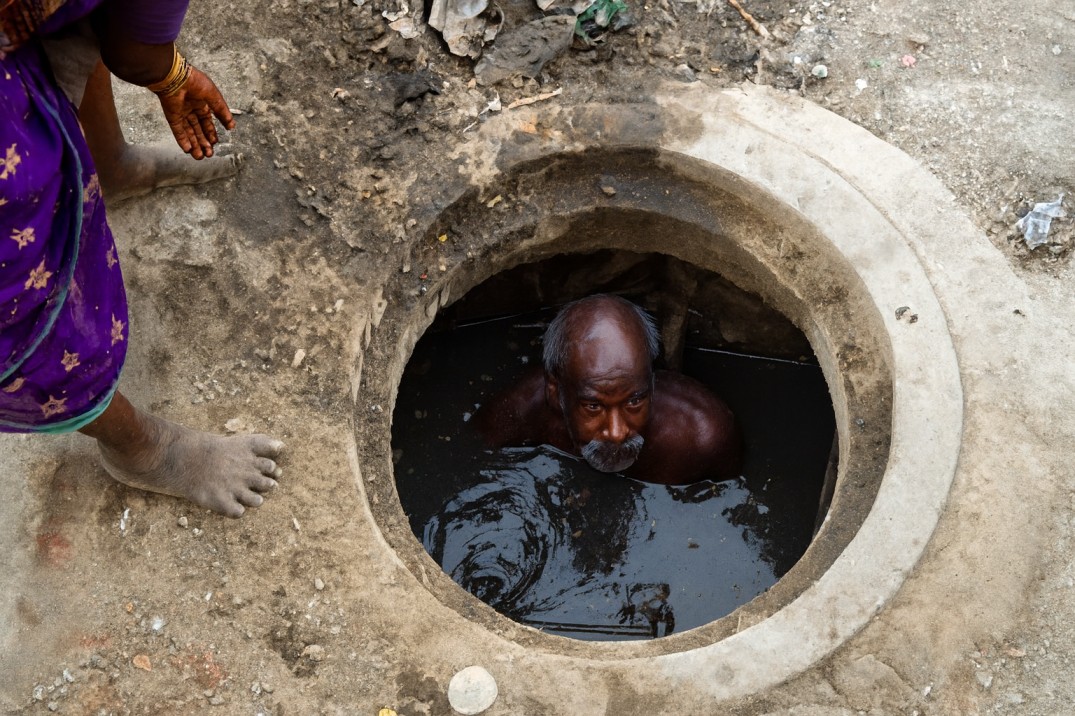Deaths in Sewers and Septic Tanks: A Continuing Stigma in Modern India
The Telegraph India | December 20, 2024
Background
In a recent statement to the Rajya Sabha, the Minister of State for Social Justice and Empowerment, Ramdas Athawale, revealed that 419 people have died while cleaning sewers and septic tanks over the last five years. Strikingly, the government maintains that no deaths were recorded due to manual scavenging—a claim that raises deep ethical and definitional concerns.
State-wise Pattern
According to the Ministry’s data:
-
Tamil Nadu (67 deaths)
-
Maharashtra (63)
-
Uttar Pradesh (49)
-
Gujarat (49)
-
Delhi (34)
collectively account for over half of the reported fatalities. These figures reveal the persistence of hazardous caste-linked occupations, often disguised under contractual sanitation work.
Anthropological Insight
From an anthropological perspective, this issue reflects the continuing intersection of caste, occupation, and structural violence. As M.N. Srinivas noted, the ritual hierarchy of purity and pollution translates into an occupational hierarchy of dignity and degradation. Despite legal abolition under the Prohibition of Employment as Manual Scavengers and their Rehabilitation Act (2013), the practice persists through informal labor arrangements, showing how cultural patterns of inequality adapt to economic modernization.
This is a classic example of what anthropologist Béteille called the contradiction between constitutional ideals and social realities. The persistence of such deaths underscores how social stratification and symbolic pollution continue to structure India’s labor economy, revealing the limits of state legislation when unaccompanied by social transformation.
Conclusion
The death of 419 sanitation workers in five years is not merely a statistic—it is a mirror reflecting India’s unfulfilled promise of equality and dignity. The state’s denial of “manual scavenging deaths” reveals an epistemic blindness rooted in caste denialism.
As a society, we must move beyond the mechanical notion of “Swachh Bharat” to a moral and anthropological understanding of cleanliness—one that includes the dignity of those who clean.







Antim
1 year agogood
ReplyViSHAL
1 year agoWebsite
Reply